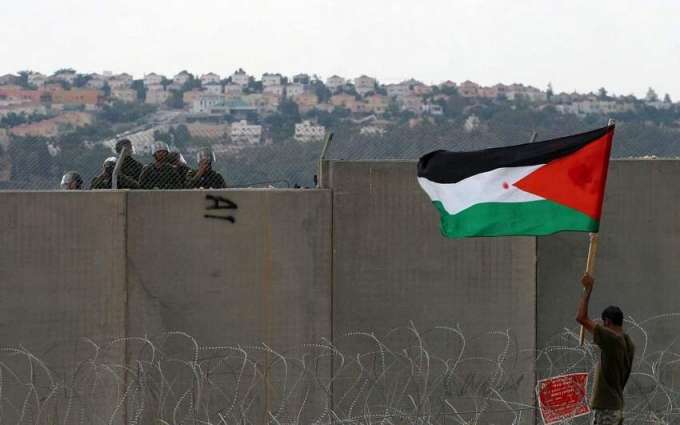The Egyptian Foreign Ministry condemned on Wednesday Israeli plans to build new settlements in the Palestinian territories and called them contradictory to international law
CAIRO (Pakistan Point News / Sputnik - 27th February, 2020) The Egyptian Foreign Ministry condemned on Wednesday Israeli plans to build new settlements in the Palestinian territories and called them contradictory to international law.
Last Thursday, Israeli Prime Minister Benjamin Netanyahu announced that 2,200 housing units would be built in the Har Homa area of East Jerusalem. While touring the neighborhood, Netanyahu also said he had given green light for the construction of 4,000 more units, of which 1,000 would be for residents of the Arab-populated Beit Safafa area along the Green Line, as well as 3,000 housing units for Jewish residents in East and West Jerusalem.
"These actions are contrary to international law, stated in UN Security Council resolutions and sources of law related to the Palestinian issue, and frustrate the chances of peace based on a two-state solution," Egyptian Foreign Ministry's spokesman Ahmed Hafez wrote on Facebook.
Israel has been building homes for Jewish settlers in territories it annexed in the 1967 war. Some 600,000 Israelis now live in the occupied West Bank and Eastern Jerusalem. The United Nations does not recognize these settlements.
Palestine, in turn, denounced Israel's decision to build thousands of residential units in East Jerusalem's neighborhoods.
The US Middle East peace plan was formally unveiled in late January. According to the plan, Israel would annex settlements in the West Bank and the Jordan Valley, and have Jerusalem as its "undivided capital." Meanwhile, a demilitarized Palestinian state was offered the adjacent village of Abu Dis as its capital and $50 billion in investment to "spur the Palestinian economy." The deal triggered strong backlash across the world, with Palestine insisting on restoring its pre-1967 borders and having Jerusalem as its capital.




